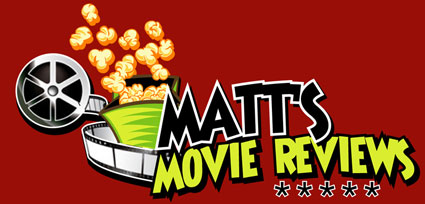A cold, boring and confusing action fantasy of little redeeming quality, Assassins Creed marks career worst work from all involved, made uglier by an anti-Catholicism inherent in the game series it is based upon.
Can we now declare the video-game movie adaptation to be a failed prospect? For years now billions of dollars and the effort of many talented filmmakers has been wasted on trying to transfer the unique experience of one form of entertainment into a cinematic package that cannot replicate the dense gameplay and personal interaction that video-games demand.
Add Assassins Creed to the junk pile. Based on the best-selling game series from Ubisoft in which a secret sect of hooded, gravity defying, martial arts dispensing freedom fighters do battle against the Knights Templar (a popular choice of enemy in pop-culture circles), Assassins Creed throws away its $130 million budget on a narratively dull and visually unimaginative genre exercise that utilises Dan Brown style religious conspiracy (aka anti-Christian) plotting to depressingly dour results.
Incredibly, the films dense yet tedious screenplay (courtesy of Adam Cooper, Bill Collage and Michael Lesslie) managed to get well respected thesps Michael Fassbender and Marion Cotillard on board. Fassbender plays Cal Lynch, a career criminal rescued from his own execution by a mysterious corporation led by Alan Rikkin (Jeremy Irons). Under the supervision of Sophia Rikkin (Cotillard), a confused Cal is strapped to a machine called the “Animus” which allows him to relive the memories of his ancestor Aguilar, a master assassin who during the Spanish Inquisition fights against the Templar (and essentially the Catholic Church) in order to possess the “Apple of Eden”, a device that can control free will.
Such high stakes should have pulses racing, right? Yet not once in this Justin Kurzel directed misfire does any reaction, save for looking at the sky in despair, feel warranted. Kurzel has proven to be a filmmaker able to breathe new life in the genres his films (Snowtown, Macbeth) are associated with. Whatever flicker of hope that would transition to Assassins Creed is quickly extinguished, with characters lacking depth, action scenes bereft of ingenuity or excitement, and performances void of charisma. If the choice was between watching Fassbender and Cotillard in this movie or watching paint dry on a wall, the wall wins hands down.
Worst of all is the films plot: messy, convoluted, and filled with religion conspiracy theory nonsense that feature the worst depictions of anti-Catholicism since Elizabeth: The Golden Age, equating the Church of both past and present as tyrannical enemies of free will worthy of death, with the use of the infamous Pope Alexander VI (real name Rorrigo Borgia) as main antagonist the type of bogey-man casting usually seen in propaganda pieces.
Church bashing through prejudiced historical reassessment is very popular in pop-culture, from the novels of Dan Brown, to the Seth McFarland produced Cosmos series, to the Assassins Creed games themselves. No doubt Kurzel and company believed that using the words “Templar”, “Borgias” and “inquisition” would have covered the very clear prejudices within Ubisoft’s video game series. Had Assassins Creed been a good movie, maybe that might have worked on the uninitiated. Alas, this cold and worthless piece of genre filmmaking is made even worse by its ugly biases.
|
